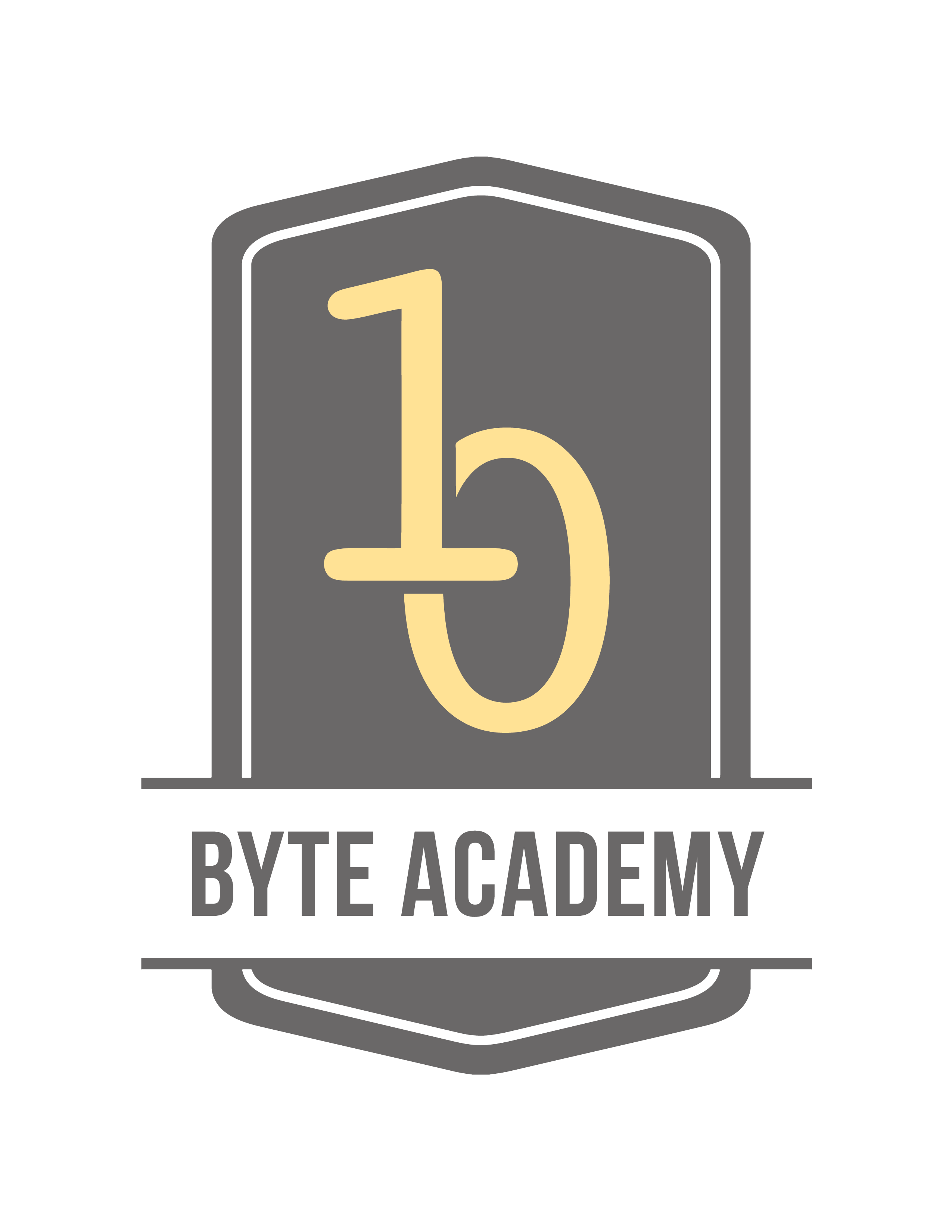Bitcoin/Blockchain
Those who’ve heard of blockchain technology at all will likely associate it with Bitcoin, the decentralized, internationally traded ‘cryptocurrency’ which made headlines across the globe back in March when the value of a single ‘bitcoin’ surpassed that of an ounce of gold. For those who don’t know, bitcoins are digital, nonphysical ‘coins’ which can be used to buy goods and services online. The trading of these bitcoins, along with all other cryptocurrencies (of which there are many), is underpinned by a database protocol called blockchain.
So… buyers buy bitcoins on the blockchain. Try saying that fast.
No kinks in the blockchain
A blockchain is essentially a public digital ledger: a shared peer-to-peer record of all transactions (in the case of cryptocurrencies) ever carried out which updates autonomously before synchronizing to all participants, meaning all active users (or traders) retain a copy of the database in its most recent iteration at all times. For a proposed transaction to be successfully processed, enough peers on the network need to sign off on it; this acts as a safeguard against fraudulent activity.
Moreover, no one individual or company has governing control of this so-called ‘distributed database’; it’s decentralized and, as such, it is the technology itself which preserves the integrity of the data, sort of like a captain-less ship. There are of course supporting developers who, from time to time, must update certain aspects of the technology (usually to accommodate growing demand). However, this dream team of techies is sizeable and allegedly acts both transparently and democratically.
Enough about bitcoin, what else can blockchain do?
In theory, the technology is about more than just Bitcoin or cryptocurrencies or even finance; it’s about sharing records and information of any kind via a distributed database, thus eliminating the need for governing organizations, middlemen or costly transactional fees. It’s a foundation on which great things can be built.
The true value of blockchain lies in the fact that it renders intermediaries obsolete. An intermediary’s job is to establish ‘trust’ between parties who are unfamiliar with one another. Blockchain replaces these middlemen (or ‘third parties’) by providing a safe, secure and transparent platform upon which to do business.
Blockchain is about uninhibited efficiency and limitless scalability in all avenues of business and society, essentially putting power back into the hands of individuals. That’s the dream, anyway. To be clear, this technology isn’t ‘bad for business’ per se. Although admittedly, certain services or sectors of industries may be negatively affected by its arrival to the mainstream.
But that’s arguably the nature of progress, isn’t it? Businesses must embrace change, and the ones that can embrace blockchain technology specifically will no doubt reap the rewards.
Industries blockchain could disrupt, change, improve or revolutionize:
Finance:
Banks, amongst other things, house wealth and facilitate the transfer of wealth. Blockchain’s secure, decentralized, and tamper-proof ledger addresses this function at a fraction of the cost. It’s likely stock brokers will also find themselves in the firing line, for the same reason.
Real Estate:
People currently rely on expensive real estate agents to tackle the daunting paperwork involved in the buying and selling of houses. With blockchain, anybody can manage, track, and transfer land titles and property deeds without the risk of error or misrepresentation.
Peer-to-Peer lodging sites:
‘P2P’ lodging sites like Airbnb have transformed the lodging industry by making a public market out of private housing. However, many harbor concerns over safety and security (guests) and property damage (hosts). Blockchain offers a secure, tamper-proof system for managing digital credentials along with reputation. This also applies to other P2P phenomena such as crowd-funding projects and crowd-sourcing work.
Supply Chain Management:
Middlemen take time, add costs, and make mistakes. The creation of smart contracts reduces the need for intermediaries. Smart contracts function as a traceability system—recording, managing, and enforcing contracts in a secure and transparent manner.
And that’s just to name a few…
Blockchain’s socio-political potential
As a final thought, blockchain technology could do more than just revolutionize the business world by eradicating the need for intermediaries.
Blockchain could also be used as a transparent and incorruptible method of tracking government spending, for example, to put an end to expense fraud and the like and make government’s completely accountable to the people.
Finally, given the recent headlines regarding Russia’s alleged interference in the US election, blockchain could also be used as a means of ensuring electoral integrity.
Blockchain may well prove itself be the most important technological advancement since the invention of the internet. Only time will tell.
Liked what you read? Checkout Into to Data Science and Data Science bootcamps offered by Byte.


